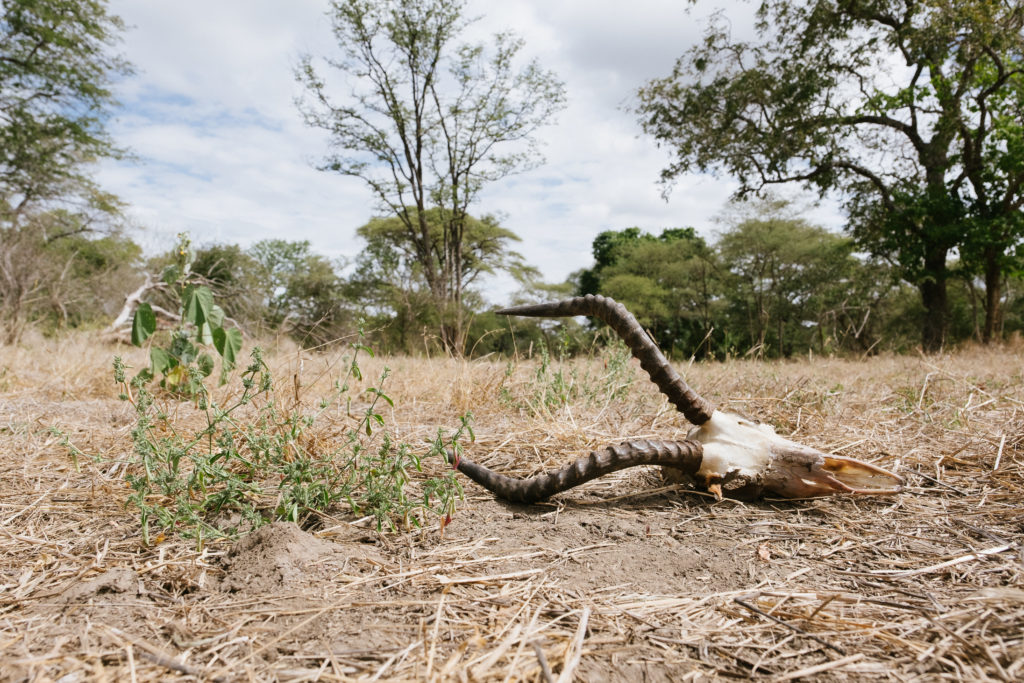
There’s some beautiful footage of East Africa in the documentary film “Killing the Shepherd” about a struggling rural village in Zambia whose lives, we are told, is threatened by poachers who have decimated the region’s wildlife. But soon enough, the hour long film shows its cards and makes its case: The only way to save the area and improve lives is to bring back big game trophy hunting. Further, wealthy countries, if they want to help, should get rid of those pesky bans on importing trophy carcasses from such hunts to help the cause
Then, their argument goes, the safari companies can better conserve wildlife and stabilize the animal populations, which in turn brings money into the village that will fund schools and attract development. Make the world safe again, in other words, for Donald Trump Jr., and his big game hunting ilk.
“Killing the Shepherd” doesn’t come right out and say that, but that’s the underlying message of the work that generally serves as public relations for the Makasa Safaris group and its avuncular leader Roland Norton.
Though it’s marketed as being “told from the point of view of the Tsoli people,” that’s not really the case. It’s told from the point of view of the safari group, who often sit with tribal members as they’re speaking. The safari company operators are white, the people of the village are black; the patronizing of the company bosses reflect so much of the colonialism that’s plagued the continent.
There are strange turns in the story that aren’t fully explained two local chiefs die suddenly within a couple of years and the film strongly suggests foul play with no evidence. Also there’s an employee who is pulled aside in an incongruous later segment of the film who is accused on camera of helping poachers. Looks guilty doesn’t he? Is pretty much how it’s presented. Too bad another thing the Tsoli people can’t afford are libel lawyers.